Earlier this year, Western Union agreed to pay $585 million to settle federal allegations that it didn’t do enough to prevent fraudulent transactions. Some of this money is to be paid out to victims of this fraud, but the government is warning people not to let themselves get scammed a second time.. [More]
wire transfers

Don’t Be Scammed Into Paying For A Refund From West Union Fraud Settlement
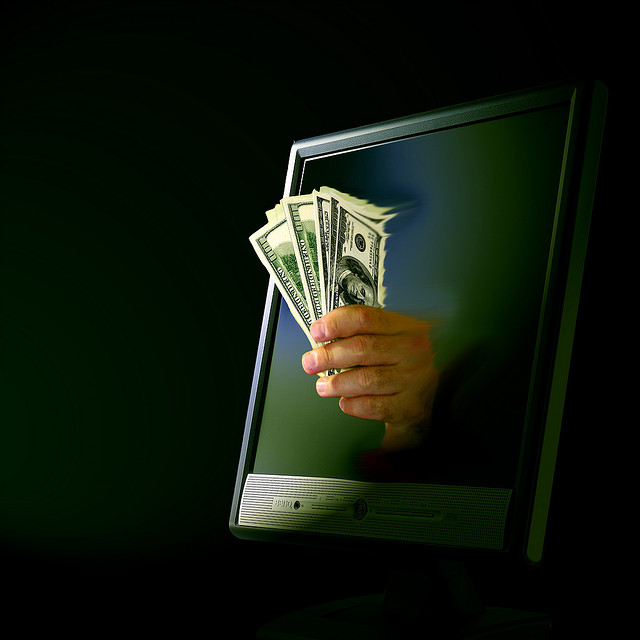
Your Next Fraudulent E-Mail May Come From Your Boss
If I received an urgent e-mail from Boss Meg telling me to send a $9,000 wire transfer to Consumerist’s fedora vendor, I would know that it was some kind of scam. Paying our bills isn’t part of my job, so clearly that isn’t an e-mail that I would receive. What if that were my job, though? Companies have reported losing an average of $55,000 to a scam exactly like this, wiring money to mysterious entities who forge e-mails from the boss. [More]
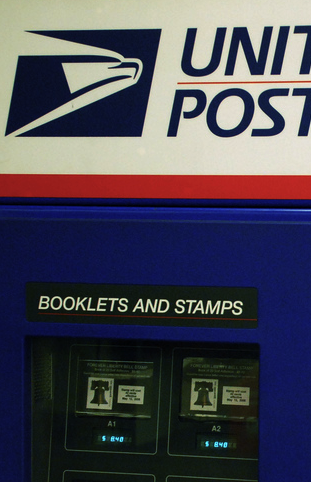
Can Postal Service Stay Alive By Cashing Checks & Selling Prepaid Debit Cards?
The once-great US Postal Service continues to sink into obscurity and financial oblivion, a destiny that will probably not be saved by all the postage stamp price increases in the world. But could the USPS keep its head above water by offering the financial services that are generally reserved for run-down strip malls? [More]
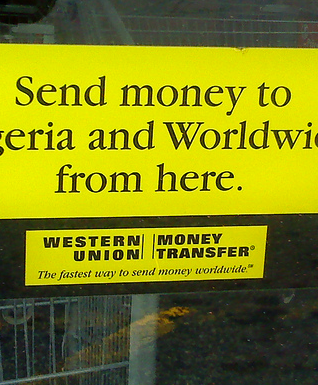
CFPB Wants To Supervise International Money Transfer Operations
In Oct. 2013, new rules from the Consumer Financial Protection Bureau kicked in that provided new disclosures and protections for people making international money transfers. While the CFPB has the ability to check in with the nation’s largest banks and credit unions to make sure they are complying with these new rules, it doesn’t yet have that authority for non-bank companies that offer this service. [More]
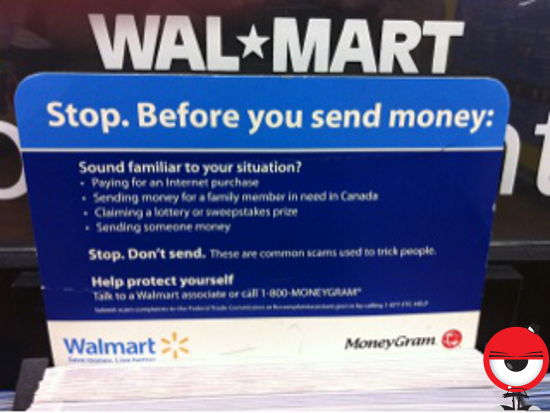
Walmart Lists “Sending Someone Money” As A Reason You Shouldn’t Wire Money To Someone
A lot of international fraud scams involve having to wire money to the scammers, and they’ve become so commonplace that operators of wire services like Western Union train employees to keep an eye out for red flags indicating a possible scam might be occurring. But we think this warning sign from Walmart and MoneyGram might be a little too over-cautious. [More]
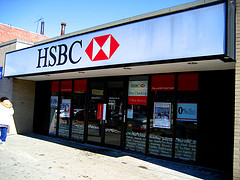
HSBC Confuses, Angers Online Customers With Vague New Fees
UPDATE: A rep for HSBC has finally responded to our request for clarification on the fees. [More]
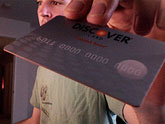
Discover Accidentally Steals From Foundation To Pay My Credit Card
Phil (no, not the one who works here) had to make a payment to an art foundation, and learned that he could use his Discover card to do so. Neat! So he put the payment through, and all was well…until he learned that somehow the transaction went through backwards, transferring the money from the foundation’s bank account to pay his Discover bill. Oops. This seems like it would be easy enough to reverse, but Discover won’t do anything unless the foundation calls them up and nicely asks for their money back. [More]
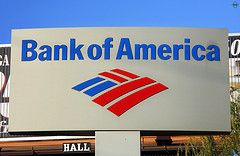
Bank Of America Loses 8-Year Customer Over 20 Bucks
Nick became a customer of Bank of America since 2003, and hasn’t had any major issues, so he has stuck with them. Until now. He works in Afghanistan, and needed to wire some money to his mother. No problem! He just needed to sign up for a free program that lets customers prove their identities before transferring huge sums of money. Free if you’re in the United States and own a smartphone, that is – otherwise he would have to pay $20 for a physical card and wait for it to slowly meander through the military mail system. [More]
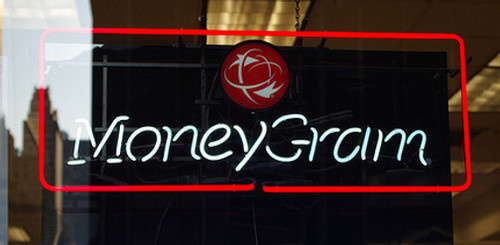
MoneyGram Agrees To Pay $18 Million Back To Fraud Victims
MoneyGram International announced today that it would pay $18 million to the FTC to settle charges it allowed wire fraud to happen between 2004 and 2008. MoneyGram’s press release notes that they disagree with the FTC’s view of the matter, but $18 million is a hell of a lot of money to pay if you don’t think you were in the wrong. The press release from the FTC, on the other hand, provides plenty of detail illustrating MoneyGram’s negligence, as well as the criminal behavior of some of its employees who were in on the frauds.

Avoid Counterfeit Check Scams
Unwitting consumers are falling for a new twist on the old “advance fee scam.” In this variation, a consumer receives what looks like a legitimate check in the mail, either as “foreign lottery proceeds,” “prize money,” or even payment for goods via classifieds (which includes Craigslist and eBay).

